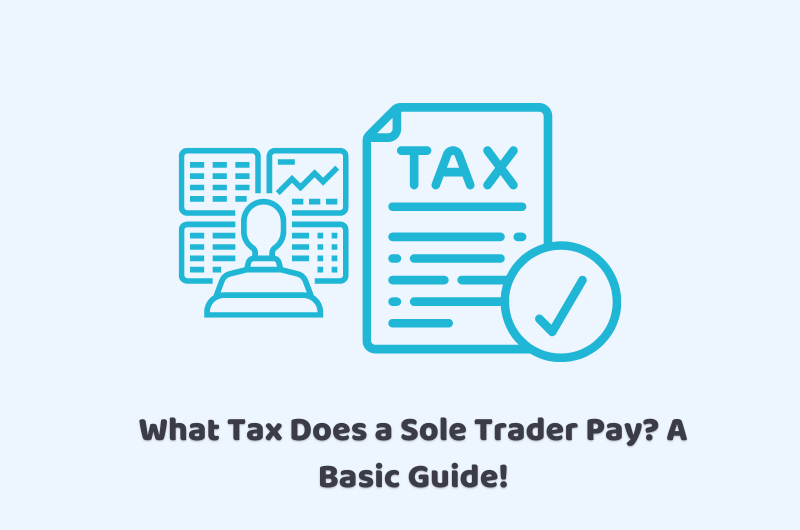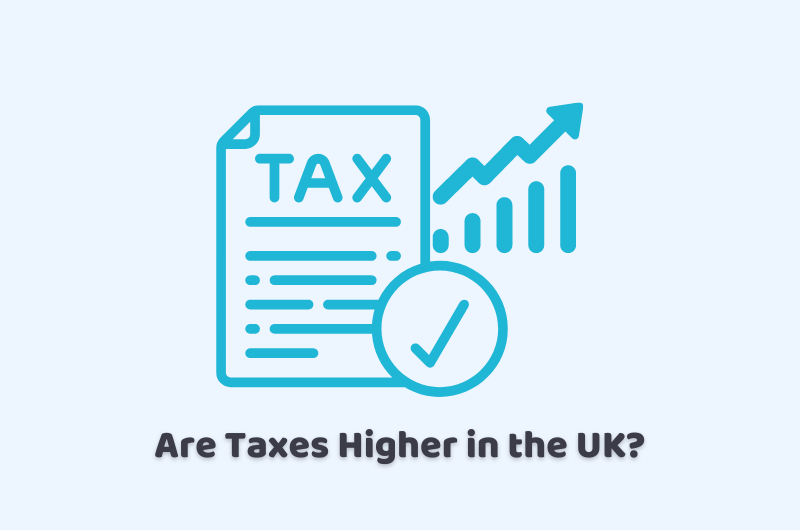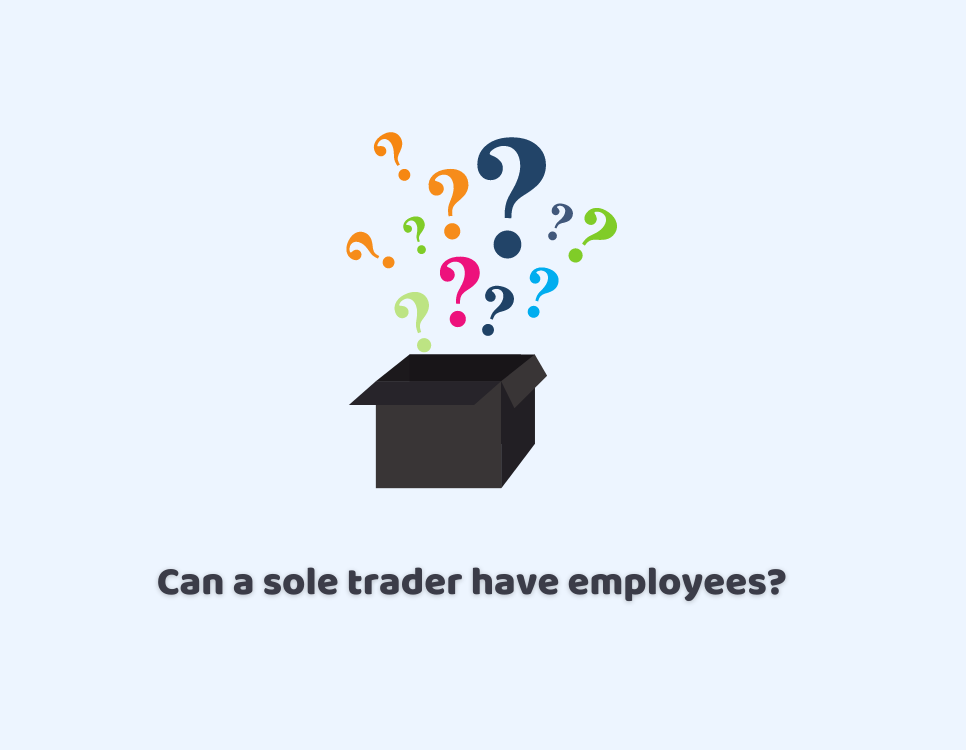
15/08/2022Tax Saving Tips , Taxation
According to a survey, there are millions of people who are associated with the private business sector in the UK. Several people among these are the ones who are carrying out private business without hiring any employees. The sole traders are the representations of the private sector of business in the UK. In the modern business era, there is a high tendency to increase their business frequency. The reason behind the increasing number of people working as sole traders is because they love the idea of freedom in working. The factor of autonomy is also achieved when you are self-employed. However, the question that arises here is what tax does a sole trader pay?
It is known to be an easy process when it comes to setting up a business as a sole trader. People tend to put their passion into a career opportunity for their business. However, there are always law authorities in the country whose rules and regulations, you have to follow to carry out your business successfully. In this guide, you will get to know about what is a sole trader and what are types of taxes he has to pay.
Talk to our best accountants and bookkeepers in the UK at CruseBurke. You will get ensured instant help whether you are running a small business or large. Get in touch now!
What is a Sole Trader?
Before delving further into the discussion, let’s first learn how to define a sole trader. It is when you decide to become self-employed or to run your business, that you will have to pick one option of whether you will like to become a sole trader to run your business or develop a limited company. Know that they are the individuals who decide to run the business on their own and their employment status is self-employed.
In the case anything goes wrong in the business, the sole trader will be liable for all the losses or debt clearance that their business might owe to debtors. On the other hand when an individual chooses the option of carrying out the business through a limited company. It brings shared liability and ownership among shareholders and directors. This means all the shareholders and directors will be liable for the debt clearance as well.
What Tax Does a Sole Trader Pay?
It is known in the UK that all limited companies are liable to pay the corporation tax, however, for sole traders, there is no such requirement of paying corporation tax. Sole traders are liable to pay the income tax. The amount of income tax is depending on the amount of income they make and the profits every year. There is also a requirement of paying class 2 and 4 national insurance contributions.
While you are doing the calculations about the amount of tax that you will have to pay, you will add the business expenses. The business expenses can include the followings:
- Business travel expenses include the amount spent on fuel and vehicles.
- The utility bills of the business.
- The rent of your business premises.
- Internet and phone bills are used for the business.
- Amount spent on marketing and advertisement.
- Stocks or material.
Here it is imperative to know that the tax you will pay as a sole trader will be on your annual profits. Your profits are calculated when you deduct your business expenses from the income you earned from self-employment.
How Can a Sole Trader Pay Tax?
It is a legal requirement for you because you run the business as a sole trader and you take the responsibility of paying national insurance and other tax to the government. The annual self-assessment scene is the one you use to pay your tax. You need to enter all the required information into your system and it will give you the exact details of what you have to pay to the government.
The question that arises here is how can a sole trader pay the tax. There are many methods to pay the tax when you are a sole trader. They are listed below for you:
- Cheque in the post
- BACS
- Corporate credit card
- Debit card
- In your bank branch or the society bank branch
- The telephone banking
- CHAPS
- Online bank account
How Much is the Amount of Tax?
The amount of tax that you have to pay as a sole trader depends on the number of your annual profits. The more profits you earn from your business the more tax you will have to pay. See the following points to get an elaborate idea of how much you have to pay:
VAT
VAT is only payable for you as a sole trader when your business turnover has reached the amount of £85,000.
National Insurance
Class 2 and class 4 are applied for the sole traders in the case of national insurance. Class 2 is applied when your annual profit is going over the figure of £6,725. However, class 4 is applied when your annual profits are going over the figure of £11,909.
Income Tax
You are only liable to pay income tax in case your earnings are more than your allowance threshold.
Personal Allowance
The tax-free amount is £12,570.
The Bottom Line
Now that you have gathered a fair amount of information about what tax does a sole trader pay, we can bring the discussion towards wrapping up. It may sound easy to run your business as a sole trader, however, there are many factors that you have to consider to make it successful. We hope this guide has helped you to know about your tax liabilities in a better way.
Are you seeking professional help to calculate what tax does a sole trader pay that is based on cash? Why not get help from the experts at the CruseBurke? Talk to us now!
Disclaimer: All the information provided in this article on what tax does a sole trader pay including all the texts and graphics, is general in nature. It does not intend to disregard any of the professional advice.


